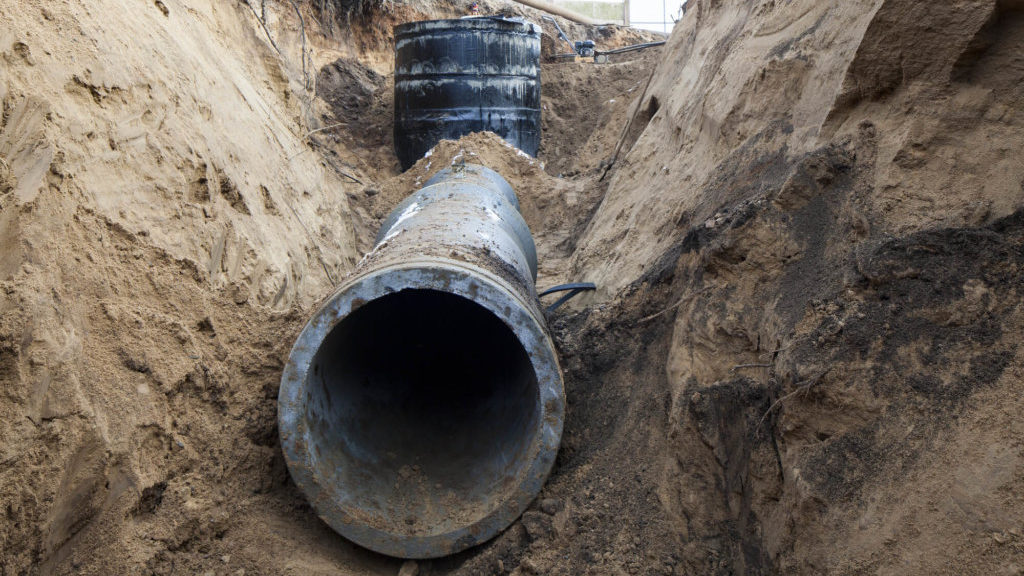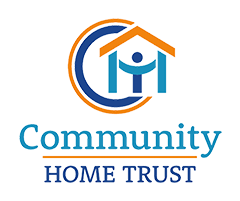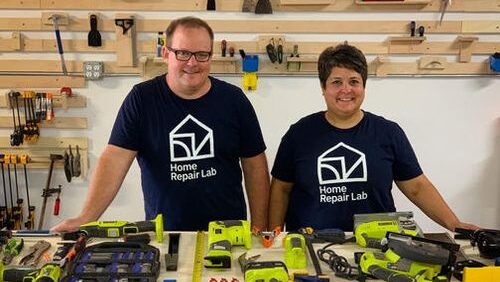Sewer Insurance

Community Home Trust is recommending homeowners check their insurance policies for gaps in coverage related to the connection between house plumbing and the city water supply at the street. Many homeowner insurance policies only cover plumbing inside the home’s structure. This leaves any plumbing in the area in between the house (meter) and the municipal water supply (e.g. your yard) a homeowner responsibility to maintain.
Water supply and waste (sewer) pipes are typically buried in your yard. Though pretty safe, older style pipes such as cast iron or “orangeburg” deteriorate and fail as they age. In the CHT community portfolio, homes in Northside, Culbreth Park, and Milton Avenue neighborhoods are most likely to have older pipes. Even newer PVC pipes can be crushed or damaged by digging, cars or heavy equipment, or tree roots.
Repairing or replacing damaged pipes typically involves significant excavation and labor and can exceed $3000. Townhomes are susceptible as well. CHT developments at Legion Road, Rosemary Place, and Chandler Woods all have master insurance policies. These do not cover sewer line replacement. CHT homeowners at the Southgrove neighborhood have septic systems.
If you live in one of these neighborhoods or suspect your may be at risk, check your insurance policy to find out if they cover water supply and sewer pipes.
- Ask if they have supplemental policies for water supply and sewer pipes.
- If necessary, shop around for the best pricing.
- If you already have gas appliances, your gas utility may offer policies.
- If you have a home “warranty,” check with the provider to see if they offer coverage.
- Be wary of solicitations or companies that represent themselves as government or government-affiliated organizations.
A typical supplemental policy is $10-20 per month. CHT recommends insuring both the water supply and sewer drain pipes. If you have to choose, however, go with a policy for the sewer pipe, which tends to be larger in diameter and more susceptible to damage. Always call 811 or go to https://call811.com/ “before you dig” and take care to avoid parking or using heavy equipment where pipes could be located.
Helpful Resources:
- Homeserve via Dominion Energy (natural gas provider)
- Duke Energy





